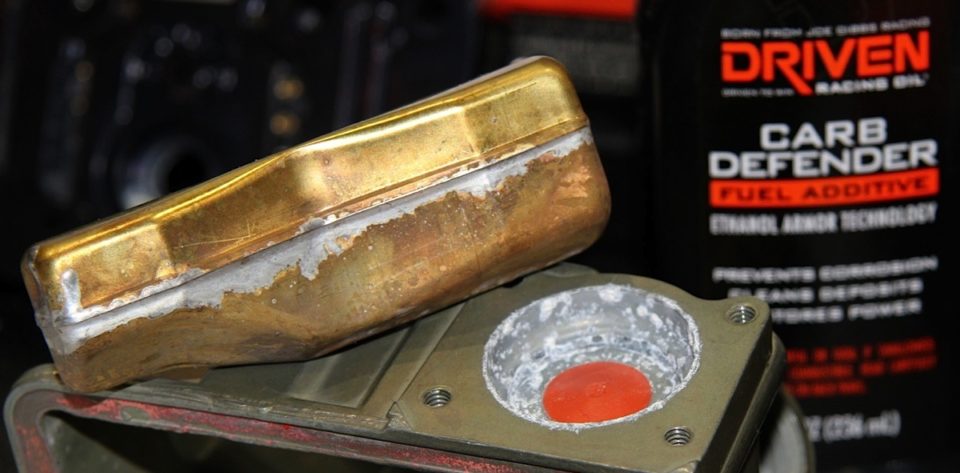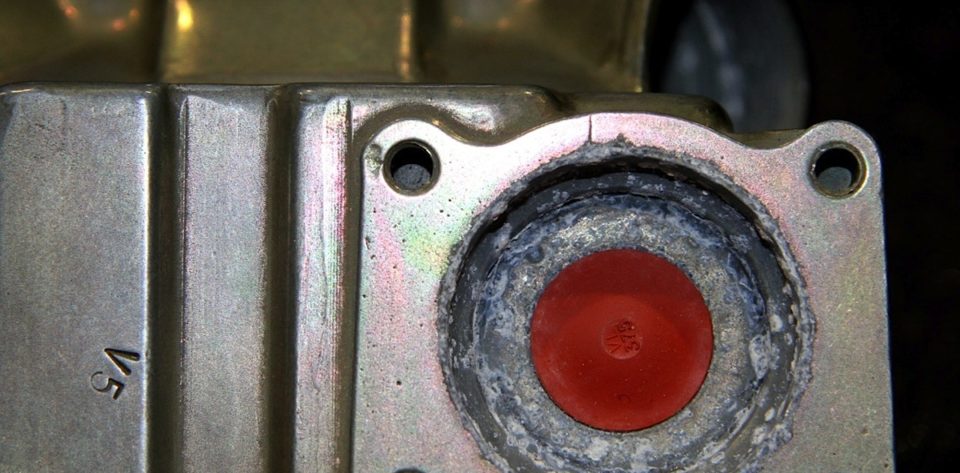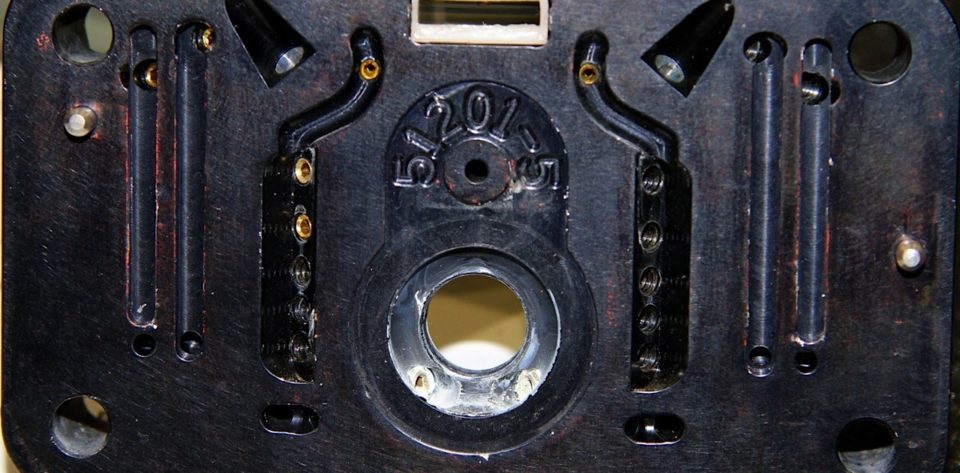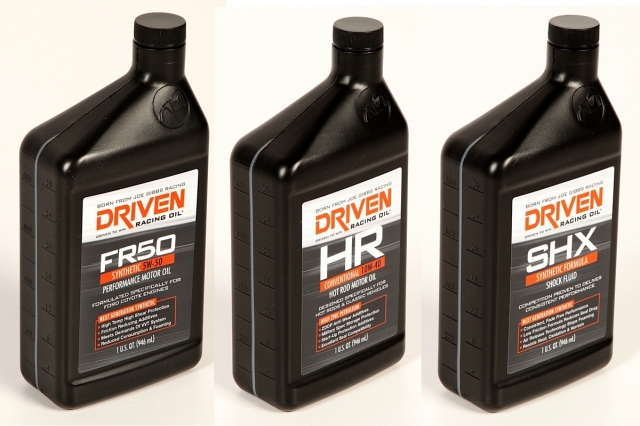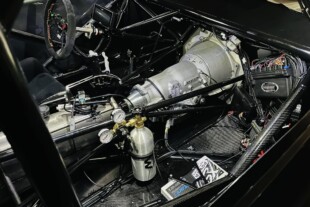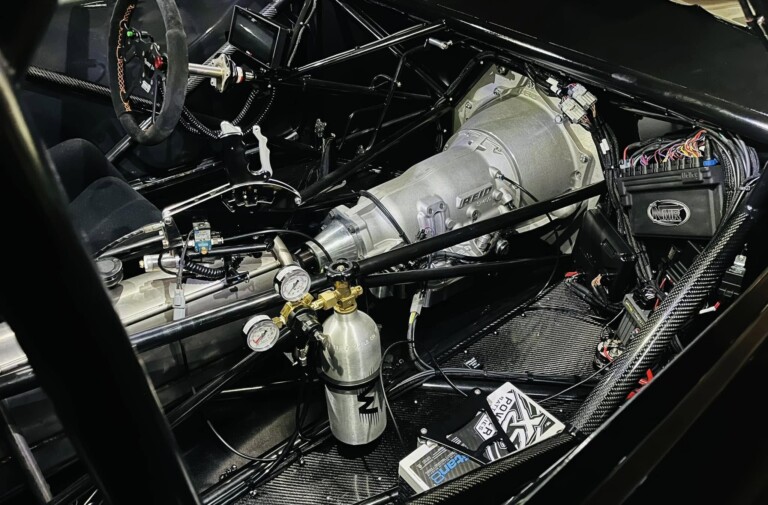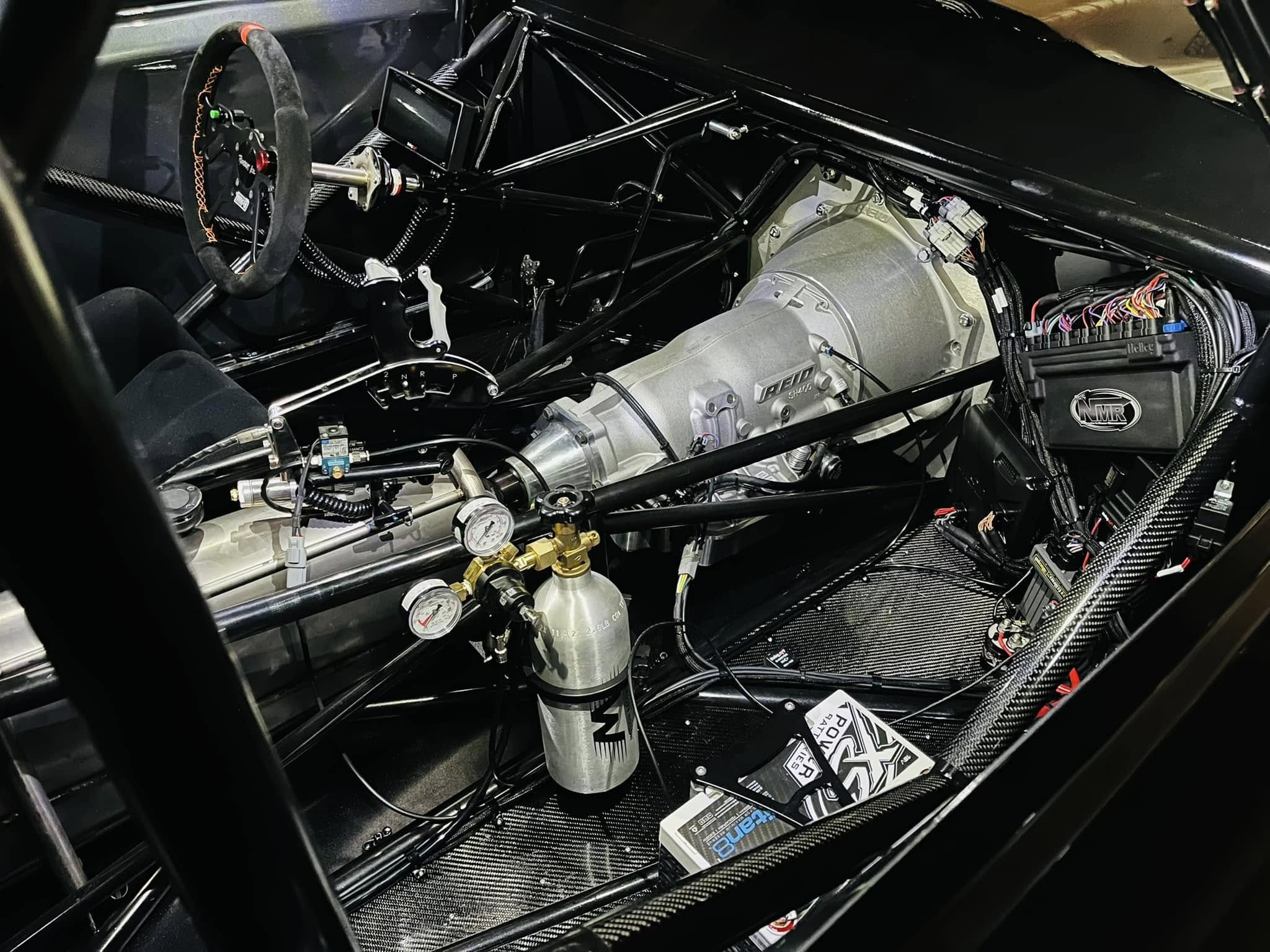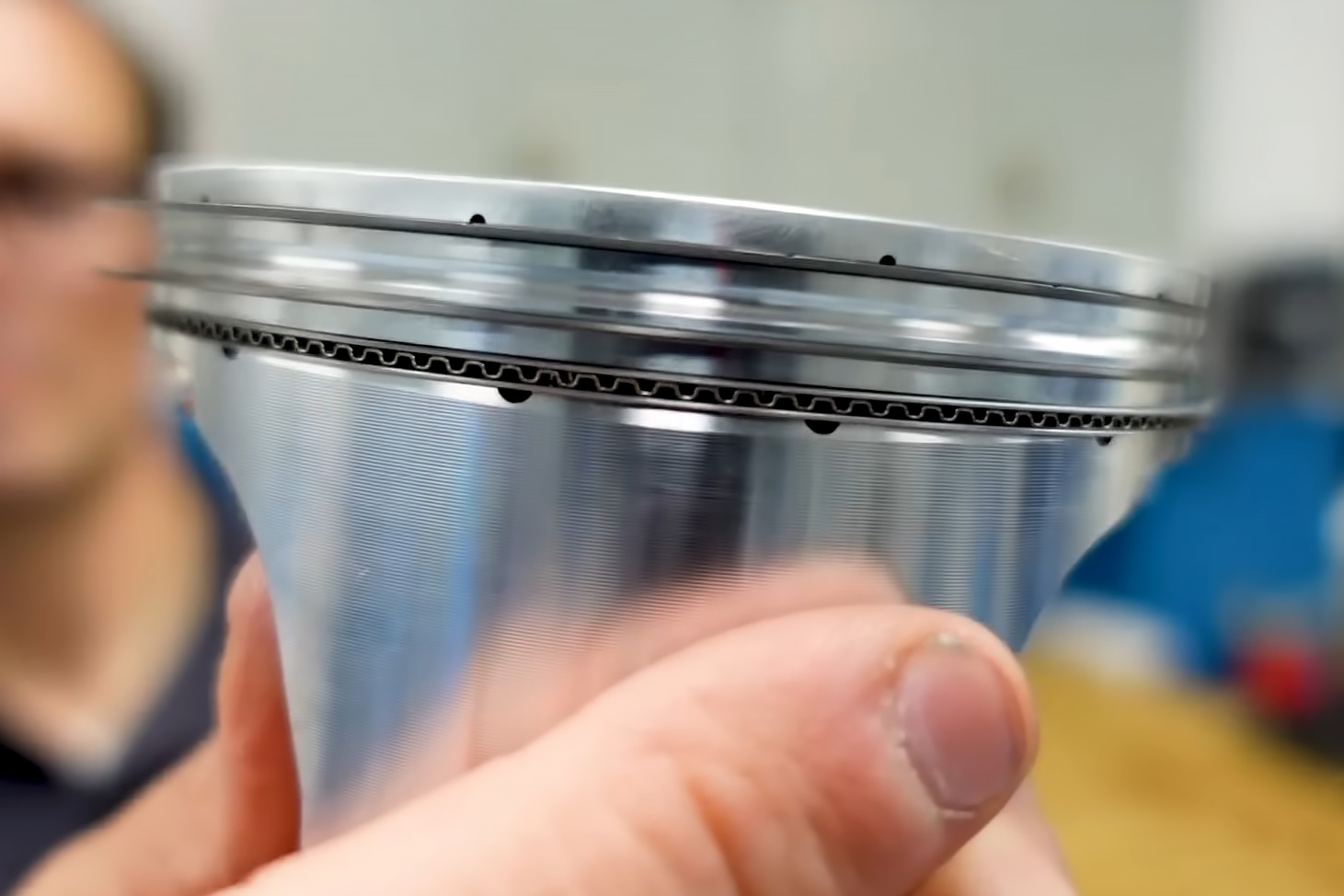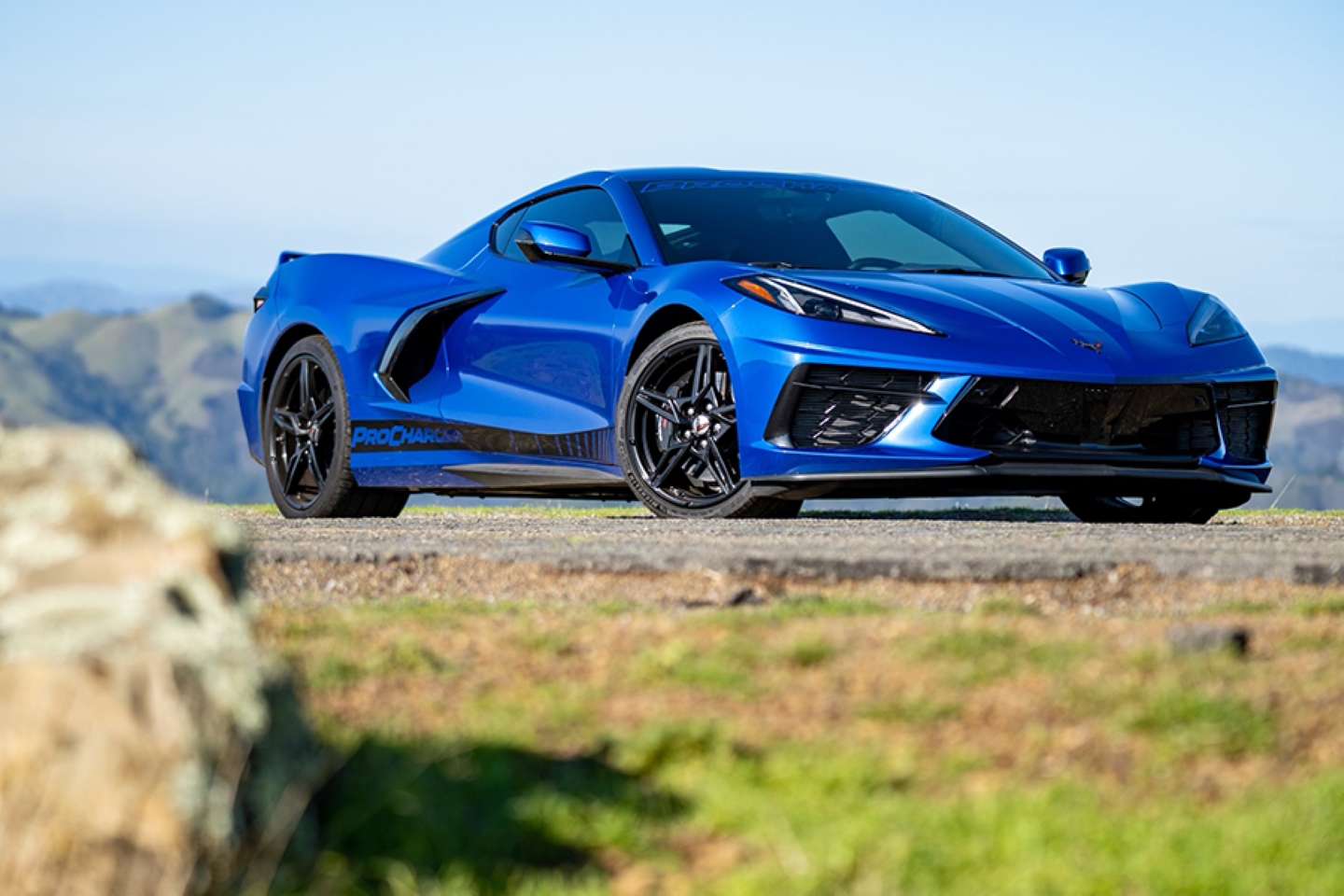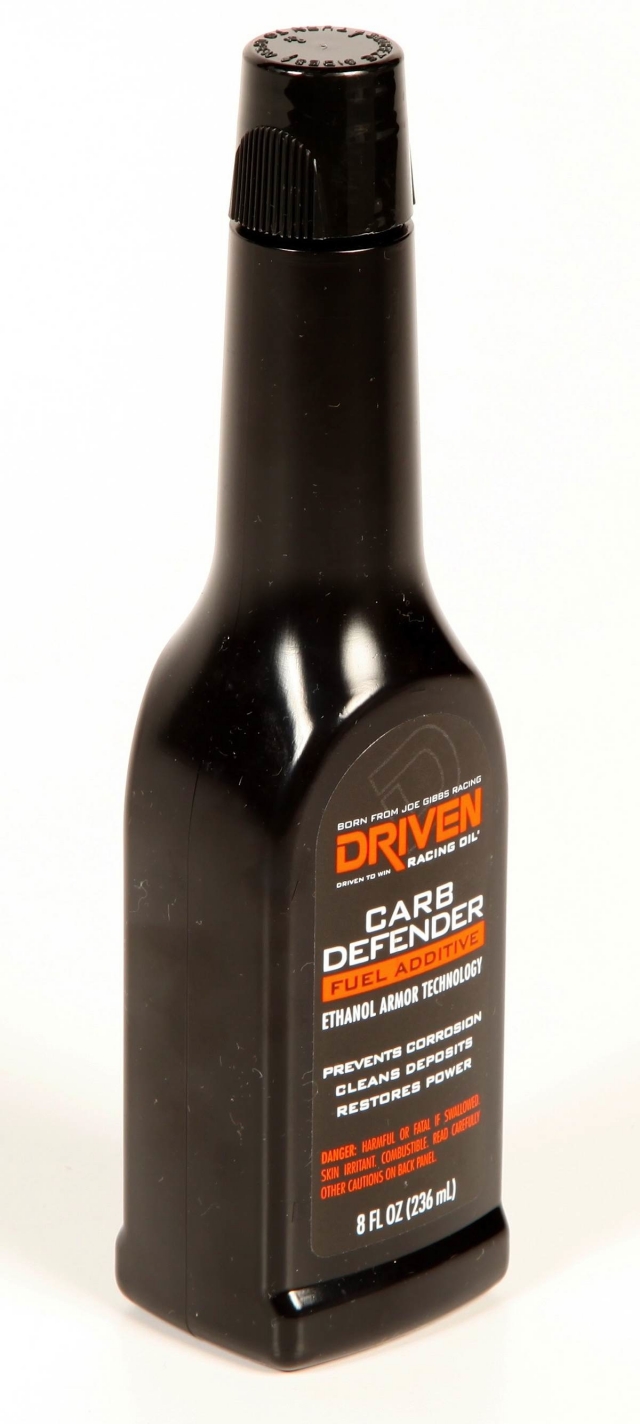 When NASCAR switched to E15 fuel, some teams noticed excessive corrosion and even rust buildup in the carburetors. It was just one more confirmation that ethanol — while great for improving octane in a fuel — can have negative effects if left to sit too long in the fuel system. And sometimes, the vehicle owner may not even know if ethanol is in the fuel.
When NASCAR switched to E15 fuel, some teams noticed excessive corrosion and even rust buildup in the carburetors. It was just one more confirmation that ethanol — while great for improving octane in a fuel — can have negative effects if left to sit too long in the fuel system. And sometimes, the vehicle owner may not even know if ethanol is in the fuel.
“There are 40 different blends of gasoline in the U.S. at any given time,” warns Lake Speed Jr., a certified lubrication specialist at Driven Racing Oil. “And the fuels change every other month.”
The big problem is that ethanol attracts moisture, and an even bigger problem occurs in older vehicles with fuel tank that vent to the open air.
“When there’s a temperature change, the tank breathes in more moisture,” says Speed.
One way to combat this harmful dynamic is to treat the fuel with Driven’s Carb Defender.
“We don’t change the fuel or mess with the ethanol,” explains Speed. “Carb Defender protects the fuel-system components from the ethanol.”
Carb Defender is formulated to work in marine and small engines, such as lawn mowers or snowmobiles that may see extended seasonal storage. An 8-ounce bottle will treat up to 25 gallons of ethanol-blended gasoline.
“Carb Defender also provides fuel stability during storage,” adds Speed, “so it won’t go bad as quickly.”
Effects of ethanol in fuel system are evident in these photos of internal carburetor parts.
In other news from Driven, numerous lubrication products were on display, including HR 10W-40 Hot Rod motor oil and FR50 synthetic 5W-50 oil formulated specifically for Ford Coyote engines. The Hot Rod oil provides additional zinc and corrosion additives to help protect vintage engines and is available in either conventional or synthetic blends. The Coyote oil works with variable valve timing system while delivering additional wear protection.
Finally, Driven showed off a new SHX shock fluid to help prevent fade in shock absorber performance and also reduce seal drag.




